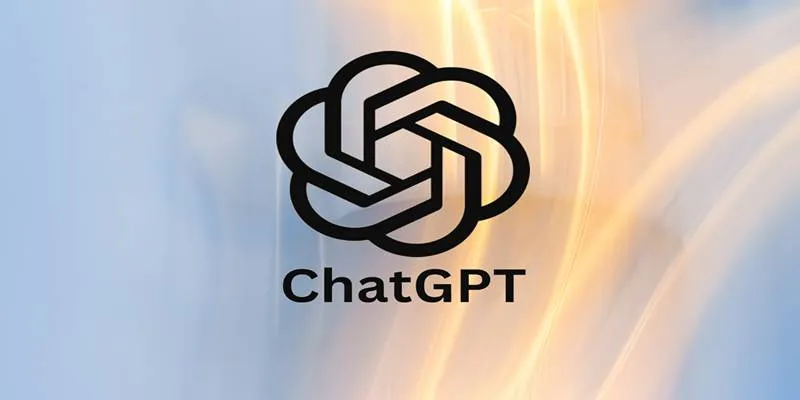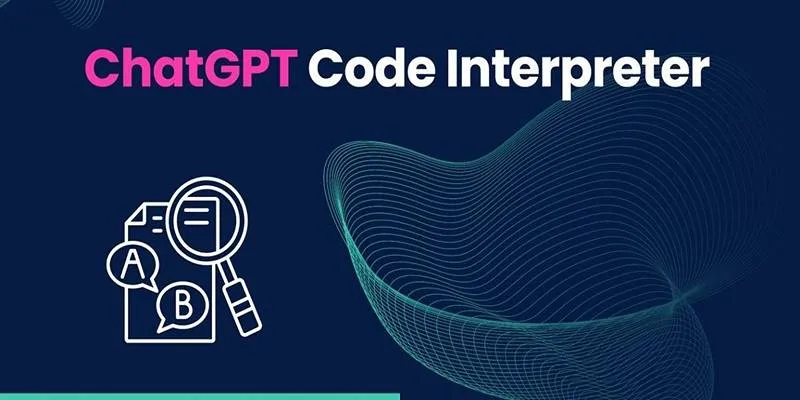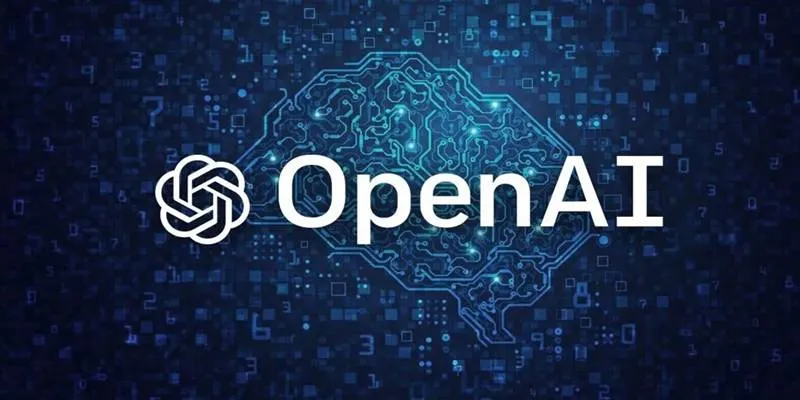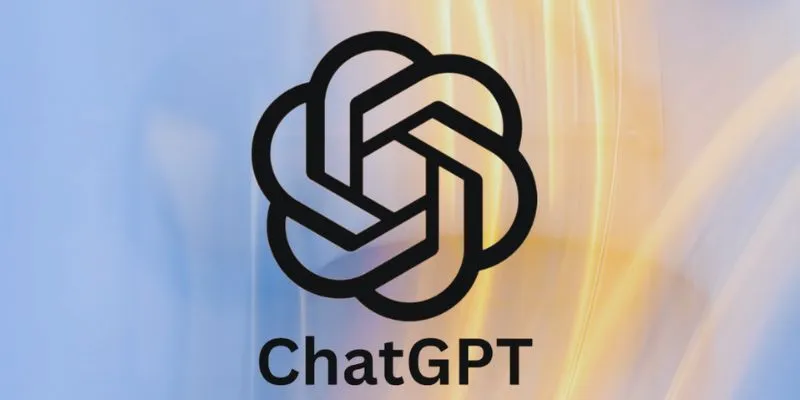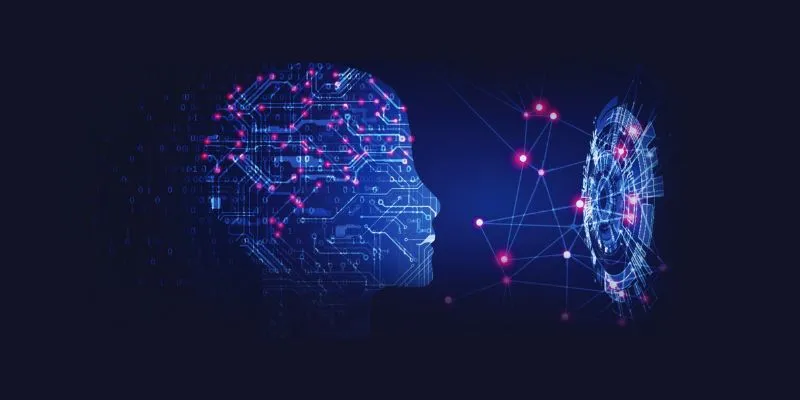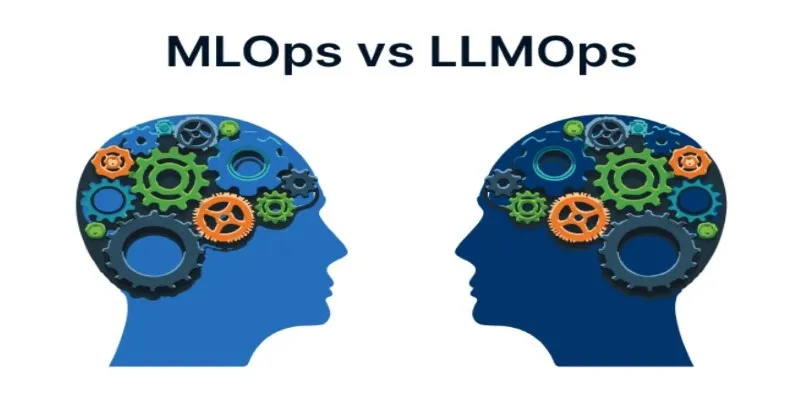Emotional intelligence, often referred to as EQ, plays a central role in both personal growth and professional success. Unlike IQ, which measures cognitive abilities, emotional intelligence focuses on how individuals perceive, understand, regulate, and respond to emotions. It impacts communication, leadership, collaboration, and resilience.
Although traditionally developed through experience and self-reflection, technological advancements have introduced innovative tools that can facilitate EQ development. Among these, ChatGPT, an advanced AI model based on natural language processing, has emerged as a unique platform for emotional learning. By engaging in simulated dialogue, reflective exercises, and structured self-inquiry, individuals can use ChatGPT as a practical tool for cultivating emotional intelligence.
Building Self-Awareness Through Reflective Interaction
Self-awareness forms the foundation of emotional intelligence. Individuals who are aware of their emotional states can better understand the triggers behind their reactions and align their behavior with their values.
ChatGPT supports this process by offering a space for emotional articulation and reflection. Individuals can describe past events or current emotional states in writing, and the AI responds with questions, summaries, or reframes that help uncover underlying thoughts and feelings.
This feedback loop can highlight patterns—such as recurring frustration, anxiety, or avoidance—that may otherwise go unnoticed. Over time, this practice encourages a habit of self-observation, helping users to develop greater emotional clarity and internal balance.
Supporting Emotional Regulation Through Constructive Language
Managing emotions, especially in high-stress environments, is an essential skill for maintaining focus, composure, and healthy relationships. Emotional regulation includes the ability to pause, reflect, and respond rather than react impulsively.
ChatGPT contributes to emotional regulation by modeling calm, balanced language in emotionally charged scenarios. When individuals express distress or conflict, the AI can suggest thoughtful alternatives to confrontational or emotionally reactive responses.
This practice is especially valuable for developing communication strategies during disagreement, disappointment, or personal conflict. It enables individuals to transform initial emotional impulses into responses that are measured, respectful, and aligned with long-term goals.
Practicing Empathy and Perspective-Taking

Empathy—the ability to understand and share the feelings of others—is central to emotional intelligence. While often considered an intuitive skill, empathy can also be cultivated through deliberate effort and exposure to diverse perspectives.
ChatGPT allows users to engage in simulated dialogue from different emotional standpoints. For instance, individuals can explore how a team member, friend, or client might perceive a situation based on their values, pressures, or personality. The AI provides emotionally plausible interpretations that reflect common human responses.
By engaging in these simulations, users expand their capacity to consider feelings and needs beyond their own. It deepens social understanding and strengthens emotional sensitivity in complex interpersonal dynamics.
Enhancing Relationship Management Through Conflict Practice
Navigating conflict, setting boundaries, and maintaining open communication are critical components of relationship management. These skills require a balance of assertiveness, tact, and emotional insight.
ChatGPT serves as a risk-free rehearsal space for difficult conversations. Whether addressing workplace tension, setting personal limits, or clarifying misunderstandings, users can simulate scenarios with AI to test different approaches.
Through this practice, individuals receive language models for handling sensitive issues with clarity and empathy. It also builds confidence in expressing needs and resolving disagreements without damaging relationships.
As a result, ChatGPT acts as a training ground for real-world social challenges, enabling individuals to develop healthier relational habits over time.
Encouraging Emotional Reflection as a Habit
Like physical fitness, emotional intelligence improves with consistency. A critical part of this consistency is engaging in regular self-reflection and emotional check-ins. However, many individuals find it difficult to maintain this habit without structure or support.
ChatGPT can help by serving as a daily or weekly journaling companion. Individuals can use it to explore recent experiences, emotional triggers, or unresolved tensions. The AI’s responses prompt further reflection, helping to deepen awareness and guide growth.
It creates a routine that fosters emotional literacy—the ability to accurately name and understand emotions—which is key to navigating both internal and external challenges with maturity. With repeated use, this practice strengthens emotional resilience and adaptability. It becomes not just a habit but a vital part of personal emotional maintenance.
Bridging the Gap Between Thought and Action
One of the most valuable functions ChatGPT offers is the ability to bridge insight with practice. Emotional intelligence is not merely about understanding what emotions are but about applying that understanding to real- life choices and behavior.
Through interaction with ChatGPT, individuals move from passive awareness to active problem-solving. The AI can assist in planning conversations, outlining self-regulation strategies, or reframing negative thinking patterns. These actionable insights turn reflection into measurable progress, making emotional development more tangible.
Over time, this integration of emotional insight and behavioral planning helps build resilience, interpersonal effectiveness, and self-mastery. It equips individuals with the clarity to act intentionally, even under stress. As emotional intelligence grows, so does confidence in handling life’s emotional demands.
The Role of AI as an Emotional Learning Partner

While artificial intelligence cannot replicate human emotion, it can model emotionally intelligent behavior and support emotional learning. ChatGPT provides non-judgmental, consistent feedback and a platform for thoughtful interaction—qualities that make it an ideal companion in self-development.
Unlike static resources such as books or videos, ChatGPT responds in real time, adapting to context and offering customized feedback. It allows individuals to navigate challenges that are unique to their emotional experiences and social environments.
As AI technologies become increasingly accessible, their use in personal growth and mental wellness is expected to rise. Tools like ChatGPT will continue to play a complementary role in helping individuals take ownership of their emotional development in proactive, informed ways.
Conclusion
Emotional intelligence is no longer a vague personality trait—it is a measurable, trainable skill with profound implications for personal and professional life. With the right tools, individuals can cultivate deeper self-awareness, better self-regulation, stronger empathy, and more resilient relationships.
ChatGPT offers a powerful platform for this development. Encouraging reflection, modeling thoughtful communication, and supporting emotional processing, it enables users to engage in intentional emotional learning on a regular basis.
 zfn9
zfn9







